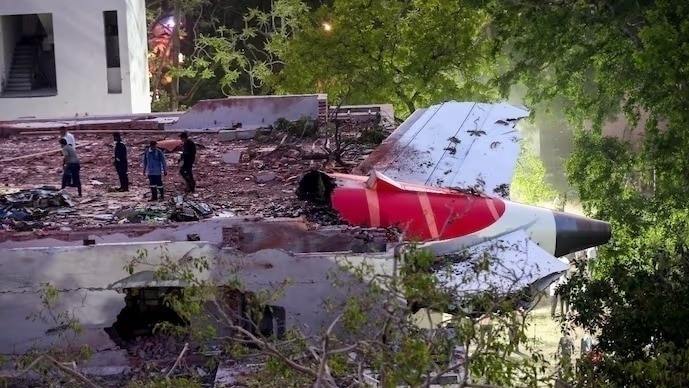The Aircraft Accident Investigation Bureau, an independent body under the Ministry of Civil Aviation, has urged the public and media to avoid rushing to conclusions over the recent Air India Dreamliner crash, calling it “too early to reach any definitive conclusions.” The appeal comes in the wake of widespread public scrutiny following the preliminary findings released by the AAIB.
On July 12, AAIB published a preliminary report that brought attention to a cockpit voice recording involving the two pilots of the ill-fated Boeing 787-8 aircraft (registration VT-ANB). The exchange reportedly concerned the “transition” of fuel control switches, which are critical to supplying fuel to the engines. “In the cockpit voice recording, one of the pilots is heard asking the other why did he cut off. The other pilot responded that he did not do so,” the report stated. The identities of the pilots or further details of the exchange were not disclosed.
On Thursday, AAIB noted that while the accident has drawn national and global attention, the purpose of the preliminary report is to outline what happened, not why it happened. The AAIB is continuing its investigation in accordance with the Aircraft (Investigation of Accidents and Incidents) Rules, 2017, and ICAO Annex 13 standards. Officials emphasised that the final report, which is yet to be completed, will identify root causes and provide safety recommendations.
Describing the VT-ANB accident as one of the most devastating in recent aviation history, AAIB highlighted its strong record, having investigated 92 accidents and 111 serious incidents since its inception in 2012. It confirmed that several other cases are also under review.
The Wall Street Journal reported on Wednesday that the cockpit voice recorder of the ill-fated flight allegedly captured a tense exchange between the two pilots, in which First Officer Clive Kunder questioned Captain Sumeet Sabharwal about cutting off fuel to the engines just moments after takeoff. According to the report, Kunder is heard asking why the fuel control switches were moved to “cutoff,” but Sabharwal reportedly denied doing so.
The report, citing unnamed U.S. officials familiar with early assessments, does not provide direct evidence that the switches were deliberately activated. However, U.S.-based pilots told the WSJ that Kunder, who was flying the aircraft at the time, would likely have been unable to reach the fuel switches during the critical phase of takeoff.
Reacting to selective coverage by international media, the AAIB called such reporting “irresponsible” and warned that it could undermine the integrity of the ongoing investigation. “It is essential to respect the sensitivity of the loss faced by family members of the deceased passengers, crew, and others on the ground,” it said.
The AAIB urged the public and media to await the final investigation report and assured that updates would be published as needed. Meanwhile, it appealed for restraint, reminding all stakeholders that creating public anxiety based on speculation does little to serve aviation safety or those affected by the tragedy.







